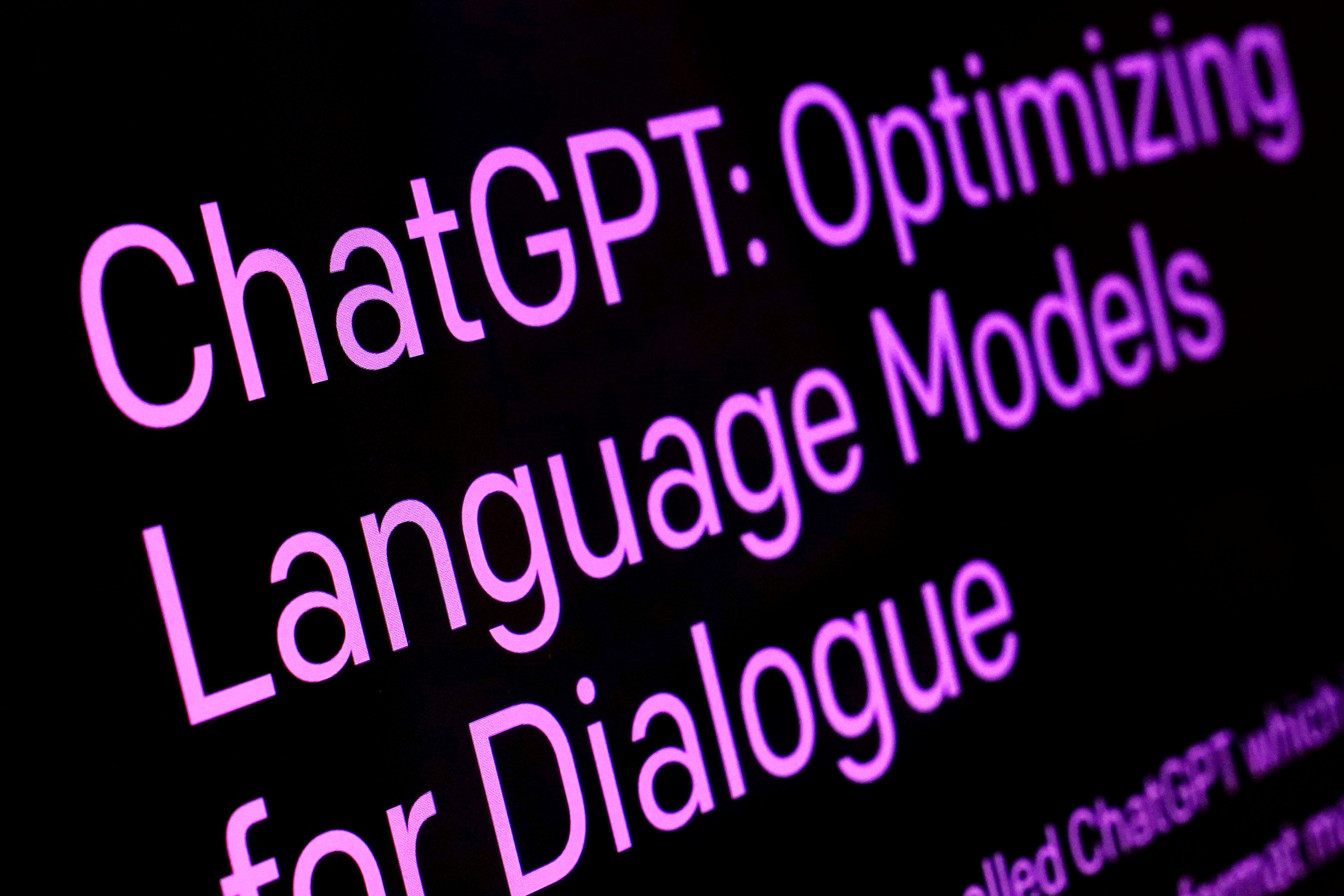ChatGPT-maker OpenAI hosts its first big tech showcase as the AI startup faces growing competition
About 900 software developers and other attendees showed up to the inaugural developer conference for the artificial intelligence company behind ChatGPT Monday, embracing a Silicon Valley tradition for technology showcases that Apple helped pioneer decades ago

About 900 software developers and other attendees showed up to the inaugural developer conference for the artificial intelligence company behind ChatGPT Monday, embracing a Silicon Valley tradition for technology showcases that Apple helped pioneer decades ago.
The path to OpenAI's debut DevDay has been an unusual one. Founded as a nonprofit research institute in 2015, it catapulted to worldwide fame just under a year ago with the release of a chatbot that's sparked excitement, fear and a push for international safeguards to guide AI's rapid advancement.
The San Francisco conference, held in a cavernous former Honda dealership, comes a week after President Joe Biden signed an executive order that will set some of the first U.S. guardrails on AI technology.
Using the Defense Production Act, the order requires AI developers likely to include OpenAI, its financial backer Microsoft and competitors such as Google and Meta to share information with the government about AI systems being built with such “high levels of performance” that they could pose serious safety risks.
The order built on voluntary commitments set by the White House that leading AI developers made earlier this year.
A lot of expectation is also riding on the economic promise of the latest crop of generative AI tools that can produce passages of text and novel images, sounds and other media in response to written or spoken prompts.
Goldman Sachs projected last month that generative AI could boost labor productivity and lead to a long-term increase of 10% to 15% to the global gross domestic product — the economy’s total output of goods and services.
While not lacking in public attention, both positive and negative, Monday's conference gives OpenAI an audience to showcase some of what it sees as the commercial benefits of its array of tools, which include ChatGPT, its latest large language model GPT-4, and the image-generator DALL-E.
On Monday, it was set to unveil a new version called GPT-4 Turbo that is “more capable” and can retrieve information about world and cultural events as recent as April 2023 — unlike previous versions which couldn't answer questions about anything that happened after 2021.
It also plans to tout a new version of its AI model called GPT-4 with vision, or GPT-4V, that enables the chatbot to analyze images. In a September research paper, the company showed how the tool could describe what's in images to people who are blind or have low vision.
While some commercial chatbots, including Microsoft's Bing, are now built atop OpenAI's technology, there are a growing number of competitors including Bard, from Google, and Claude, from another San Francisco-based startup, Anthropic, led by former OpenAI employees. OpenAI also faces competition from developers of so-called open source models that publicly release their code and other aspects of the system for free.
ChatGPT's newest competitor is Grok, which billionaire Tesla CEO Elon Musk unveiled over the weekend on his social media platform X, formerly known as Twitter. Musk, who helped start OpenAI before parting ways with the company, launched a new venture this year called xAI to set his own mark on the pace of AI development.
Grok is only available to a limited set of early users but promises to answer “spicy questions” that other chatbots decline due to safeguards meant to prevent offensive responses.
——
O'Brien reported from Providence, Rhode Island.
——-
The Associated Press and OpenAI have a licensing agreement that allows for part of AP’s text archives to be used to train the tech company’s large language model. AP receives an undisclosed fee for use of its content.
Bookmark popover
Removed from bookmarks